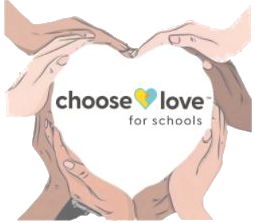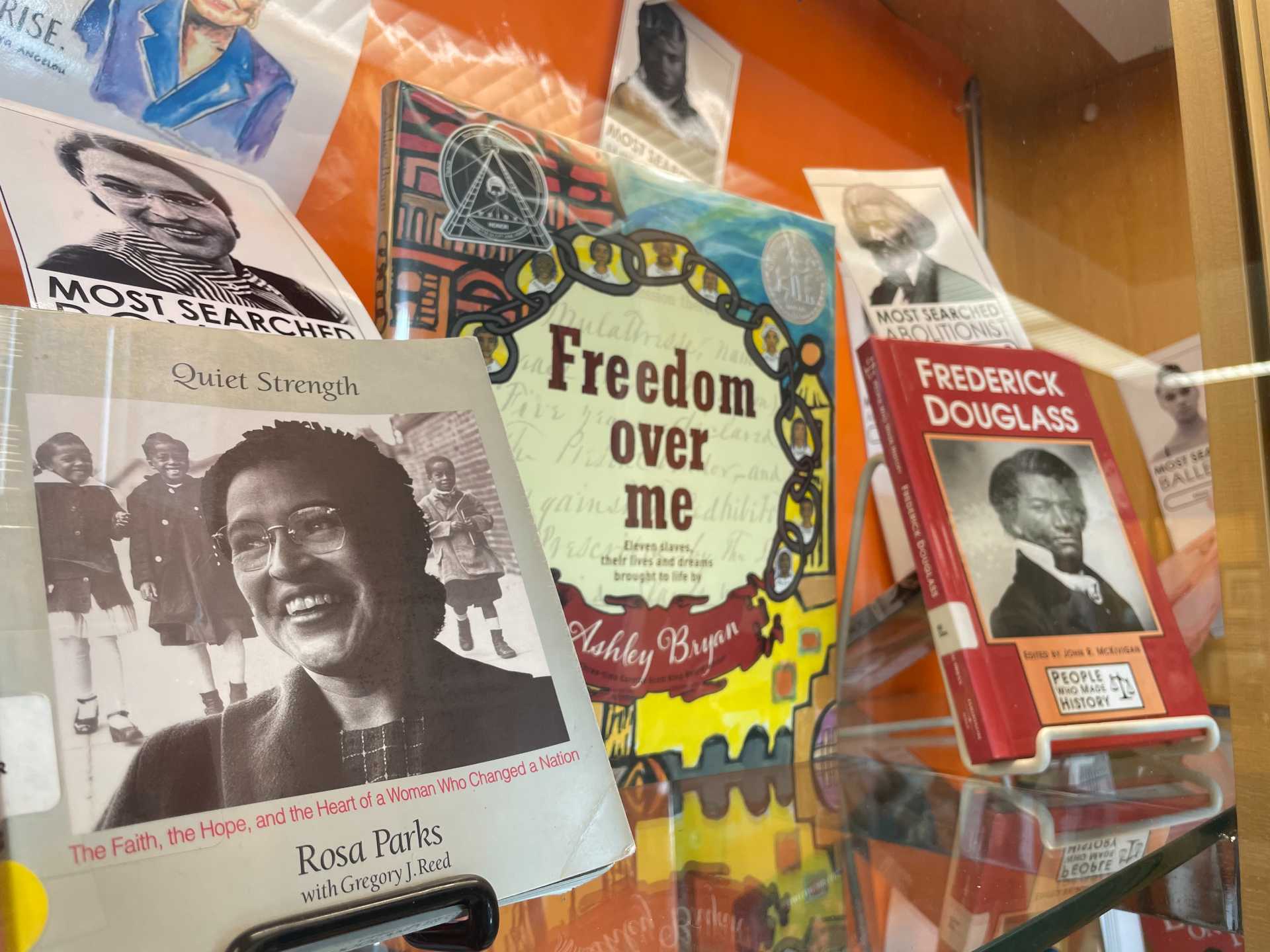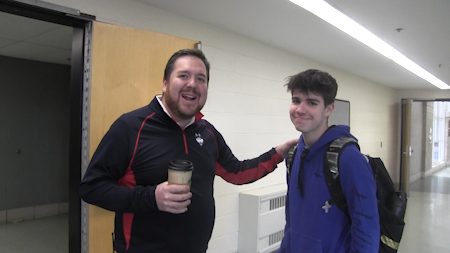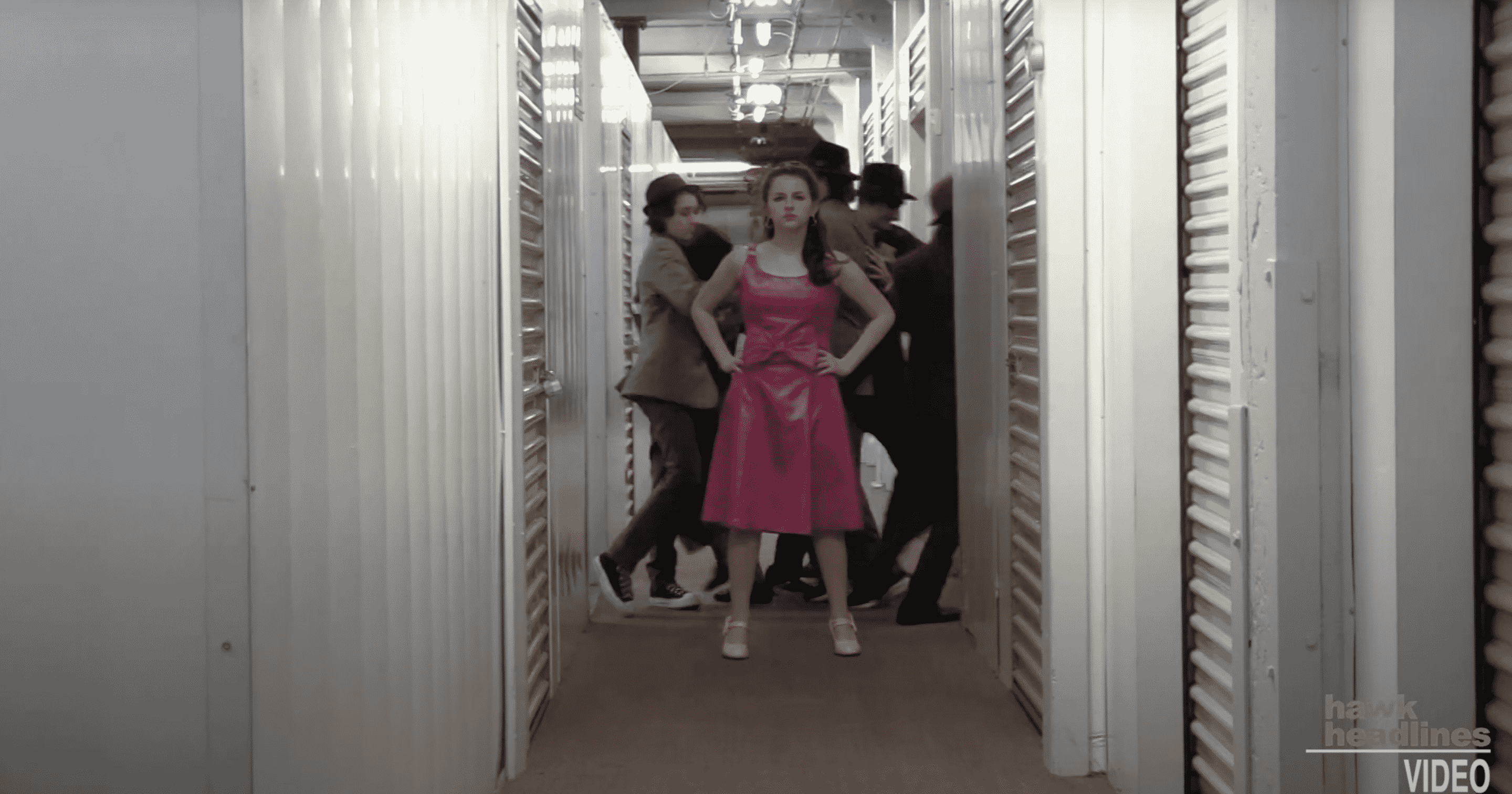As Black History Month comes to an end, let’s take some time to reflect on this important topic. Throughout the years, there has been discrimination against the black community. However, after the death of George Floyd, many people were angered. Individuals decided it was time to start fighting for the black community. Many protests took place to help bring light to the black lives that have been lost. Saniya Murray, a member of the black community here at Woodland, had some things to say about this topic.
“There was a positive impact because, during that time, a lot of people became more educated,” says Murray.
During these protests, light was brought about the black community, and a good majority of the population began to educate themselves and learned how to help the community. Fundraisers were created to donate to the BLM movement, posts were made to spread awareness through social media, etc.
Some may ask, what has been done here at Woodland to help support?
“Nothing,” Murray responded. “Many students here at Woodland are uneducated with Black history.”
“The first thing that they can do is actually teach about the black community and their history,” said Murray.
Now, although teachers can’t change their curriculum and what they teach, Murray provided some other ideas that can be done here at Woodland.
“I think it would be cool if there was like a black students union,” stated Murray. “Or even a person of colors students union.”
Here at Woodland, there was a bookcase that was dedicated to Black History Month, but something more is needed to be done to help remember the lives that were lost due to their race and help educate to abolish racism. Ryan Mackenzie, head of the social emotional learning (SEL) planning, had many of the same opinions as Murray. SEL lessons are created for students to touch on their social emotional health and are presented in advisory.
“Once a week you’re having this opportunity to have really strong discourse and discussion about SEL,” said Mackenzie.
Although these lessons are meant to target social emotional wellbeing, there is a new component which is meant to learn to accept diversity. An inclusive, diverse, and multicultural literature component gives students an understanding and perspective of their own lives, as well as those of others. With this new component being added to the SEL lessons, this gives students an opportunity to educate themselves and accept their peers of different cultural backgrounds. After introducing the idea of there being a specific lesson dedicated to Black History Month that can be taught by students, Mackenzie gave his input on the idea.
“Your perspective is so valuable because one of the things that we love the most is when our students can build the capacity for understanding for our other students,” Mackenzie added.
Although there were not any set lessons on Black History Month, Mackenzie encourages students to educate others. During these SEL lessons, students can teach their peers on the importance of Black history. While learning the lessons may come off more effective than a teacher creating the lesson, since most students take their peers’ words more to heart than teachers.
“I really want us to continue to build our working culture and climate at Woodland with regards to racial inequality and diversity inclusion and social justice,” said Mackenzie, “That’s all part of our culture and climate at our school.”
Mackenzie was very accepting of the idea of students teaching their peers on Black history and the importance of ending racism. This also helps Murray and her suggestions of having the teachers and students here at Woodland becoming more educated with Black history.
With these new ideas being introduced, Woodland is slowly starting to become more educated. However, as of right now you can start to become more educated and involve yourself with helping the Black community.



















